Summer is the season to obtain vitamin D, in the fastest and easiest way with the help of the sun, while in winter the lack of sunlight affects the synthesis of this vitamin.
Vitamin D is a fat-soluble vitamin and exists in several varieties – D1, D2, D3, D4 and D5. It was discovered way back in 1782 and nowadays it is very well known for its positive role and influence on the nervous and immune systems.
Lack of vitamin D in food can lead to multiple sclerosis, type 2 diabetes, depression, cardiovascular disease, high blood pressure, etc.
Although it is rare to notice any side effects from an overdose of vitamin D, it is necessary to know the daily recommended dose.
Side effects of vitamin D overdose
- slurred speech and headache;
- irritability, fatigue;
- nausea and vomiting;
- muscle weakness;
- reduced appetite and weight loss.
The recommended daily dose of vitamin D is different for people of different ages.
- people up to 65 years of age need to take up to 400 IU units;
- people over 65 years old need to take up to 800-1000 IU units;
- the recommended daily intake for athletes is 800 units IU.

Properties of vitamin D
- increases immunity and protects against colds and flu during cold days;
- it is an extremely strong anti-inflammatory agent;
- reduces the development of diabetes, lupus and multiple sclerosis;
- balances the blood sugar level in the body;
- strengthens bones, skin and muscles;
- lowers blood pressure;
Vitamin D deficiency
- arthritis and kidney failure;
- acne, asthma, various allergic manifestations;
- cardiovascular diseases, high blood pressure;
- osteoporosis, rheumatoid arthritis, rickets, muscle weakness,
- type one and two diabetes;
- ovarian cancer, breast cancer and colon cancer;
Foods rich in vitamin D
Fish is one of the main sources of vitamin D:
- salmon;
- mackerel
- sardines etc.
Liver is also a rich source of vitamin D along with milk, yellow cheese, white cheese, butter, egg yolk and others. Plenty of vegetables, nuts and whole grains should also be present in our diet to avoid vitamin D deficiency.
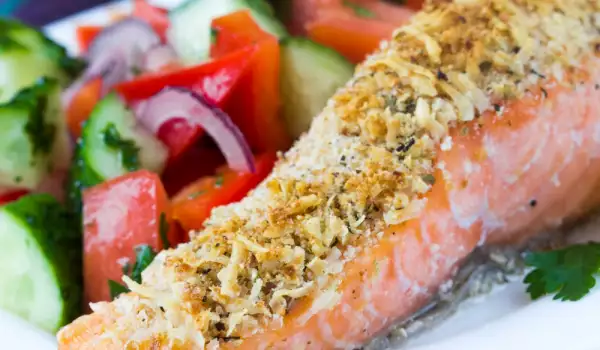
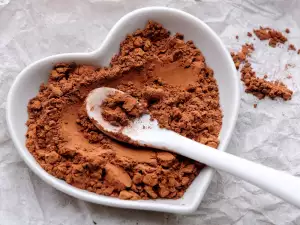
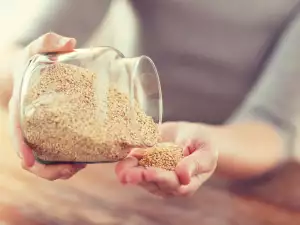




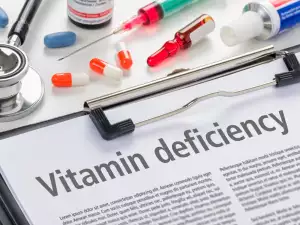


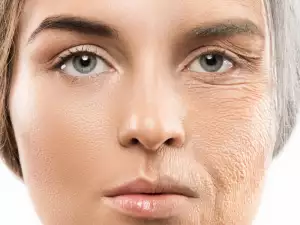
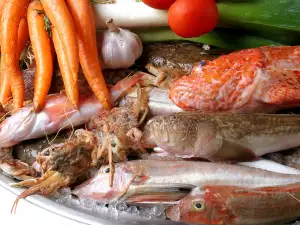

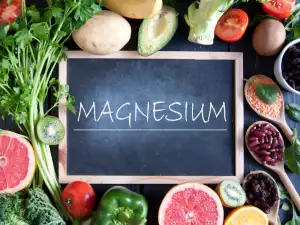






Comments